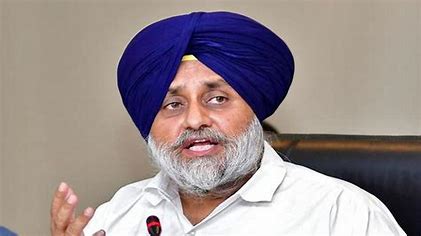


French lawmakers are set to vote on no-confidence motions today, with the government of Prime Minister Michel Barnier facing an almost certain ousting. This marks the first time in over 60 years that a French government will be removed by a no-confidence vote, deepening the country’s ongoing political turmoil.
Despite Barnier’s belief that his government could survive, the combined support from far-right National Rally (RN) and left-wing parties ensures the government’s likely downfall. Lawmaker Laure Lavalette of the RN confirmed the party’s intention to vote for the no-confidence motion, dismissing warnings of catastrophic consequences.
The collapse of the government comes at a critical time for France, which is grappling with a massive budget deficit and political instability. The situation is further complicated by the weakened state of neighbouring Germany, just weeks before US President-elect Donald Trump takes office.
Economists warn that while France may avoid a full-scale financial crisis, the political crisis will have significant negative effects on businesses, consumers, and taxpayers. Christian Kopf, head of fixed income at Union Investment, stated that the situation will likely lead to widening credit spreads and a deterioration in France’s sovereign creditworthiness. However, he added that it was unlikely to trigger a sovereign debt crisis at this stage.















